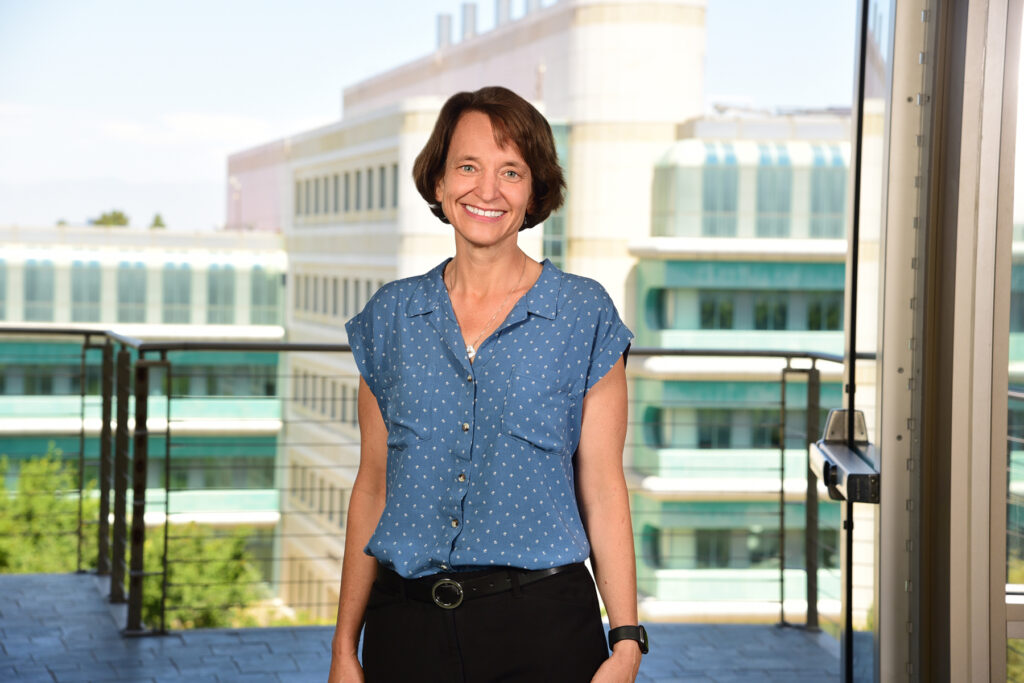
Professor Suzanne Bohlson of the Charlie Dunlop School of Biological Sciences has been awarded a National Science Foundation S-STEM grant. She leads a team of co-principal investigators dedicated to addressing a pressing challenge in higher education: how to help low-income but academically talented master of science (MS) students succeed in graduate education in science, technology, engineering and mathematics fields. The new NSF-funded MILESTONE (MS Incentive to Land Employment in STEM and Obtain Needed Experience) in Biotechnology program will support scholarships for students in three different MS programs in biological sciences.
Many students with strong academic ability enter MS programs intending to pursue advanced study and training in biology and biotechnology related research but face obstacles that can prevent them from thriving in graduate school. Financial pressures, including time to degree and cost of tuition, are among the most significant barriers. These new scholarships will provide critical assistance for MS students that have traditionally had limited access to financial aid.
This project takes a comprehensive approach, combining scholarships with program development, academic guidance, career mentoring, peer networks and opportunities for early exposure to research or industry experiences. The goal is to ensure that students receive the support they need not only to complete their degrees in a timely manner but also to graduate well-prepared for careers in science and biotechnology.
The initiative will also carefully measure which types of support are most effective in helping students persist and graduate. The expectation is that successful practices developed at UC Irvine can serve as a model for similar efforts nationwide. By producing graduates who are prepared to contribute to the biotechnology workforce, the project aims to strengthen both regional industries and the long-term career prospects of participating scholars.
The broader impact is clear: students gain the tools to secure stable, high-earning jobs, and the community benefits from a stronger, more resilient workforce. Investments like this grant demonstrate how research and education together can improve lives by creating opportunities for students and ensuring that talent is directed toward solving critical challenges.
